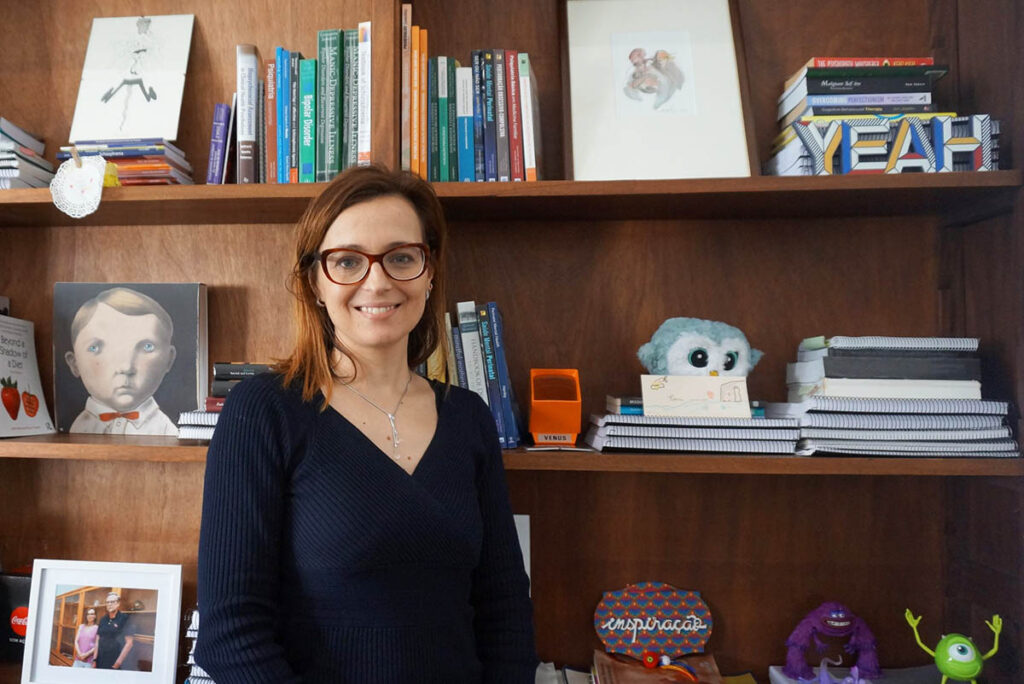A pioneering study conducted by a team of researchers from the Faculty of Medicine of the University of Coimbra (FMUC) concluded that perfectionists suffered the most during the Covid-19 pandemic.
This study, the first internationally to assess the role of perfectionism in psychological distress during the Covid-19 pandemic, was carried out by researchers from the FMUC Institute of Medical Psychology, directed by professor António Macedo, in collaboration with Escola Superior of Health Technology of Coimbra (ESTeSC).
According to the results of the investigation, published in the scientific journal Personality and Individual Differences, with the title "COVID-19 psychological impact: The role of perfectionism”, the most perfectionist people “were more afraid of COVID-19, thought more repeatedly and negatively about the pandemic and its consequences and this led to more symptoms of depression, anxiety and stress”, explains Ana Telma Pereira, professor at FMUC and study coordinator.
Perfectionism is a personality trait characterized by a tendency to set standards of performance that are too high, “accompanied by overly critical (self)assessment and avoidance of failure. Perfectionists are at high risk of suffering from anxiety, depression and stress», he explains.

The study sample consisted of 413 adults, men and women, from the Portuguese population, recruited between September and December 2020. Although women have shown higher levels of «perfectionism (in its self-critical dimension), negative repetitive thinking (concern and rumination) and psychological disturbance than men, the three facets of perfectionism that we evaluated, and which are currently considered the most relevant (rigid, self-critical and narcissistic perfectionism), had this effect of increasing psychological disturbance, regardless of gender," he stresses Ana Telma Pereira.
The researcher and professor explains that psychological reactions to pandemics depend a lot on the person's personality, since "they are influenced by personality traits, as these determine the way we interpret situations and, therefore, the emotions and behavior they generate".
“This was the first study published in the international scientific literature to empirically prove the negative impact of the personality trait on psychological reactions to the COVID-19 pandemic. More specifically, we found that the various components of perfectionism, whether intrapersonal (requiring excellence itself), or interpersonal (understanding that others demand perfection from you and also demand it from others), generated more anxiety, depression and stress in the face of the pandemic”, he specifies.
Taking into account that perfectionism has been increasing significantly «in the last two decades, mainly among young people, there is even talk of an “epidemic of perfectionism”», Ana Telma Pereira notes that the results of this study show that «perfectionism must be taken into account in the assessment, prevention and treatment of the psychological impact of the pandemic(s). It is difficult to change personality, but it is possible to help people to recognize their traits and to develop ways of dealing with life events that are less negatively influenced by them».
In addition to Ana Telma Pereira and António Macedo, the team includes Carolina Cabaços, Ana Araújo, Ana Paula Amaral and Frederica Carvalho.




















Comments